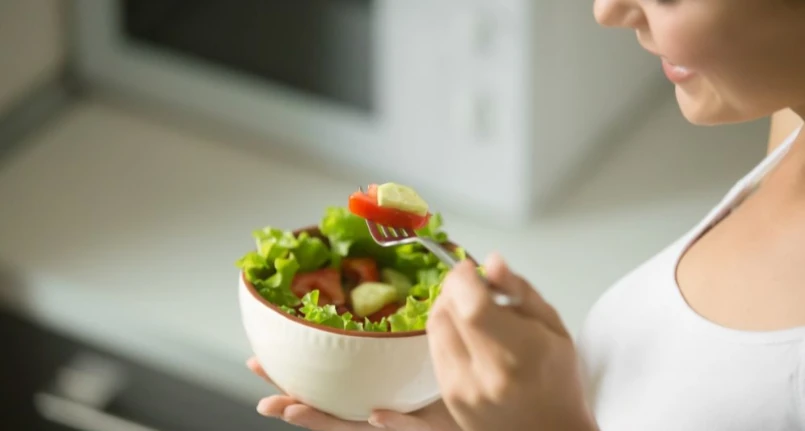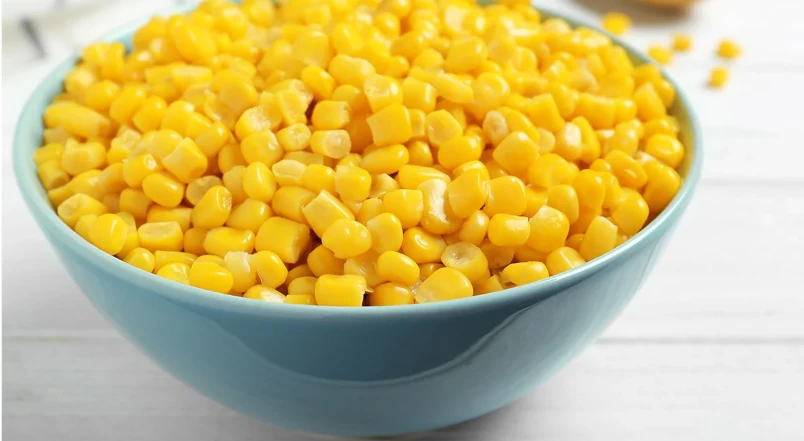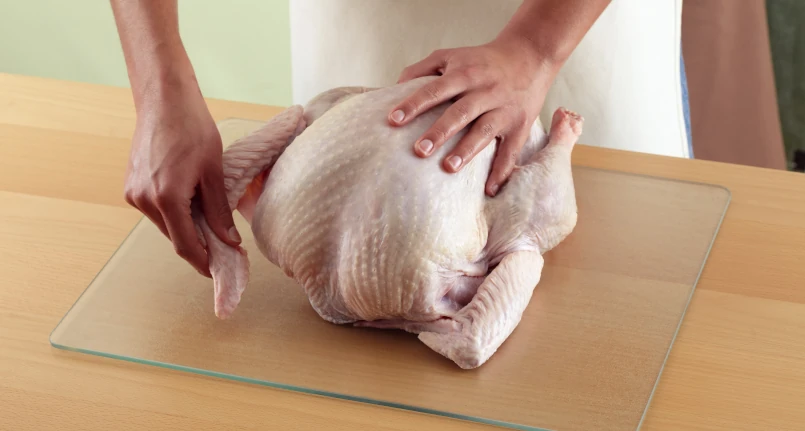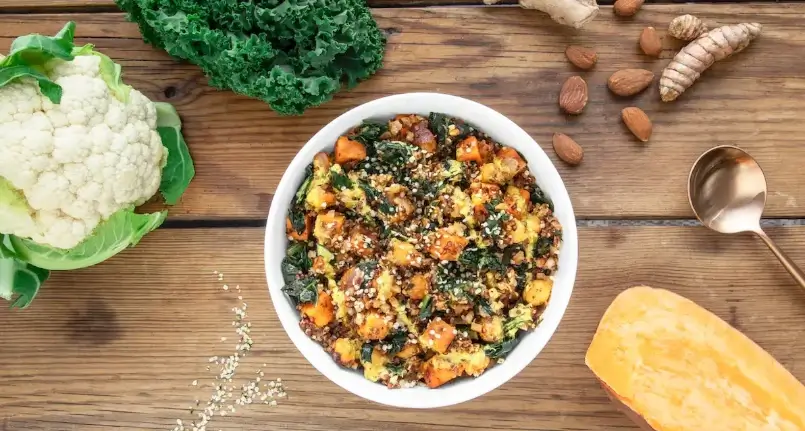However, hernias are not all the same but differ in location and intensity, for this reason it is essential to consult with your doctor to understand which strategy to adopt to treat your case, from the point of view of nutrition but not only .
Abdominal hernias
Most hernias occur in the lower or upper abdominal area and cause a lump under the skin . These are inguinal and umbilical hernias . The former develop in the lower abdominal wall around the groin area, while the latter form around the navel and are particularly common in newborns, although adults are not immune to them either.
Especially in children, umbilical hernias can cause a bulge or a few tears near the belly button.
Any abdominal hernia can lead to digestive problems such as stomach pain , vomiting or constipation but very often the opposite also occurs, i.e. digestive problems such as bloating and constipation can aggravate abdominal hernias .
Recommended foods for those with abdominal hernias
- Fruit
- Vegetables
- Whole grains such as spelled and buckwheat
- Legumes such as lentils , peas and beans
While there are no foods that can officially cure an abdominal hernia, choosing foods that don’t promote digestive problems can definitely help.
Fibrous foods are your best bet to help prevent constipation and the hernia pain that can result. Avoiding constipation is also preventive, as this, if chronic, can increase the risk of developing a hernia.
However, you shouldn’t overdo it with fibers and above all you should eat them slowly . In fact, exceeding them or ingesting them too quickly can lead to a lot of air entering the body and therefore to an excess of abdominal swelling which can aggravate the symptoms of a hernia.
If you are not used to eating these foods, for the same reason it is advisable to introduce them gradually into your diet.
Foods not recommended for those with abdominal hernias
- Cruciferous vegetables like cabbage and broccoli
- Mushrooms
- Onions and garlic
- Certain types of fruit including apples , pears , cherries and dried fruit
- Dairy products such as milk and cheese
- Beer and other carbonated drinks
- Chewing gum
- Candies
To avoid the onset of digestive problems it is good to limit foods that trigger the symptoms and cause bloating or gas , which would push the intestinal tissue further towards the abdominal wall, causing more discomfort.
Also, while eating lots of fiber can help you avoid constipation, some fibrous foods can cause more gas and bloating than others.
The recommended daily amounts of fiber for women range from about 22 to 28 grams, while for men from 28 to 34 grams.
Hiatus hernias
When you have a hiatal hernia , your upper stomach protrudes through your diaphragm , the muscle that separates your abdomen from your chest , allowing stomach acid to easily enter your esophagus .
As a result, these hernias are often accompanied by digestive tract problems that resemble those associated with chronic acid reflux , including heartburn , regurgitation, and difficulty swallowing .
Recommended foods for those with a hiatal hernia
- Bananas
- Melons
- Green vegetables like spinach and kale
- Oatmeal
- Yogurt
Having similar symptoms, the foods that should be preferred if you suffer from hiatal hernia are the same ones that are usually indicated as beneficial in case of gastroesophageal acid reflux. Of particular relief can be snacking on fibrous, low-acid foods.
Foods not recommended for those with a hiatus hernia
- Acidic foods such as tomato and citrus sauces and juices
- Fried and fatty foods
- Peppermint
- Carbonated drinks
- Alcoholic beverages
- Coffee and other sources of caffeine such as some teas or energy drinks
- Ketchup and mustard
- Vinegar
- Spicy foods
Similarly, even with regard to the foods that should be eliminated, or at least greatly reduced, we are talking about the same ones that a doctor usually excludes from the diet of those suffering from gastroesophageal acid reflux.
However, careful nutrition is not the only way to relieve or prevent hernia discomfort.
The following precautions are also very useful to help keep the symptoms at bay.
- Drink a lot of water
- Exercise regularly
- Go to the bathroom when you feel the need to
- Stop smoking
- Avoid wearing tight clothing around the abdomen
- Avoid lying down immediately after eating




